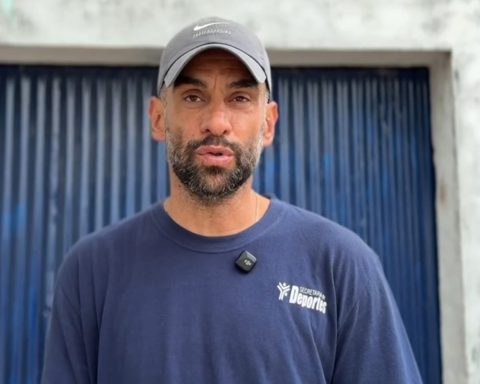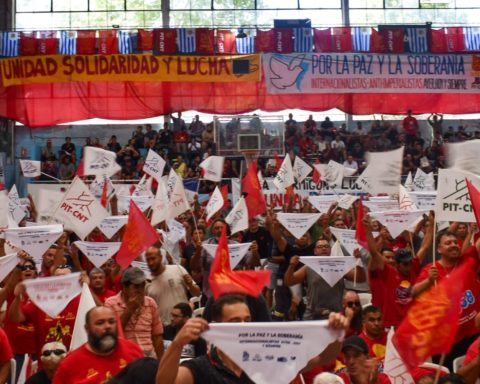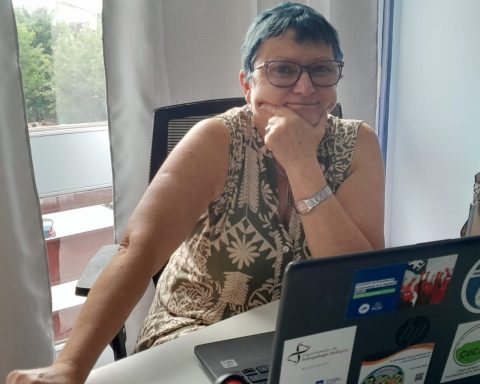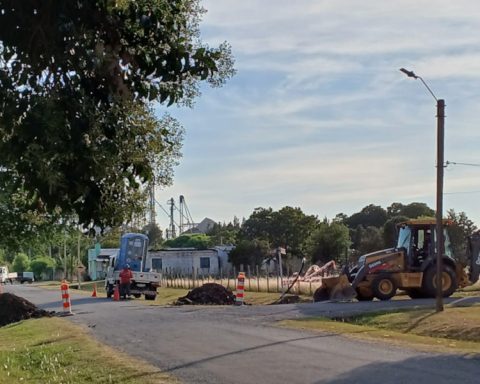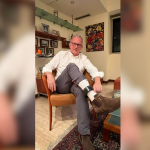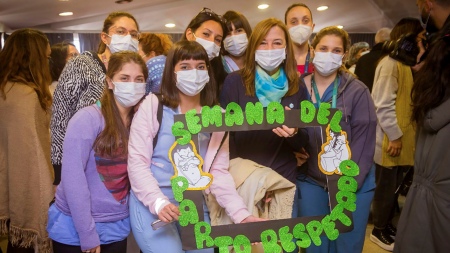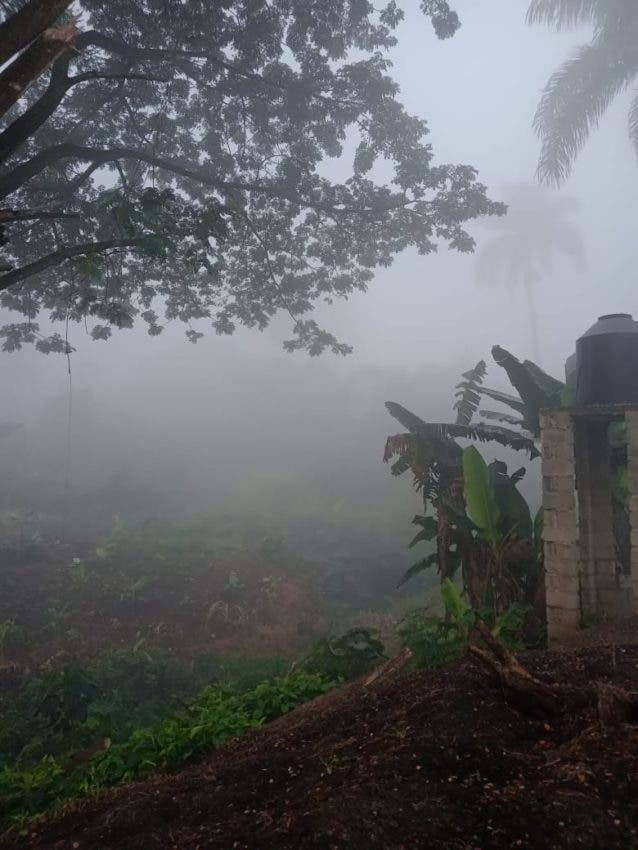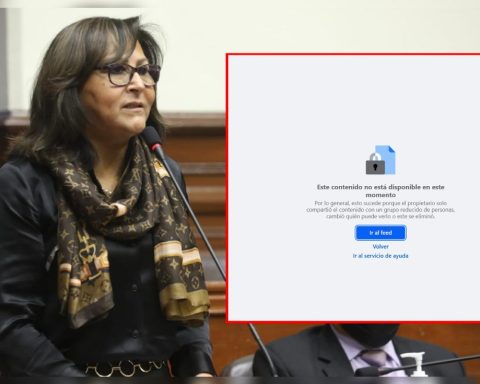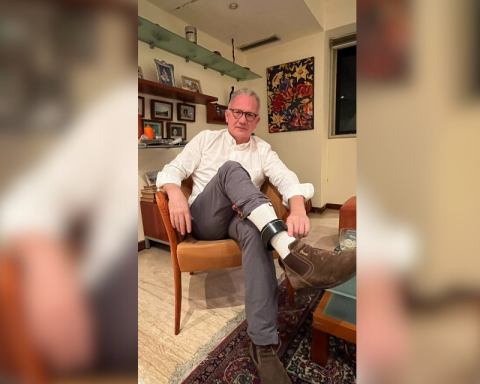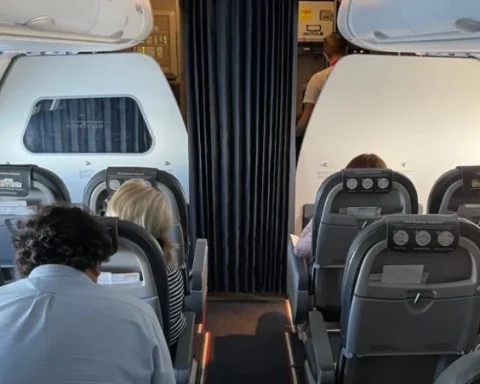Two members of the Honorary Multidisciplinary Technical and Scientific Group of the Ministry of the Interior -or the “GACH security”— they resigned their posts at the end of November.
Is about Robert Parradopsychologist and graduate in Public Safety, and martha valfre, also a psychologist and member of the board of the Uruguayan Academy of Criminal Investigation and Forensic Sciences. In turn, this group was created in July of last year to Advise the Ministry of the Interior on penitentiary issues and plan prison policy for the coming years.
In the letter that both presented, assure that since their insertion in the position They have encountered “a thousand inconveniences” that “gradually” have led to the time and dedication that they give honorarily “demotivating”, according to Search and confirmed The Observer by having access to that document.
“It is so then that we have felt at the margin of the necessary information to be able to provide complete advicewhich although disagreeing with the interests of the administration, is the one that we understand correct at a professional level and to carry out a healthy management”, wrote the now former members of this security GACH.
In his opinion, in the last meeting held “a tense climate was clearly noted”, they emphasized.
In this way, the psychologists detailed that the time dedicated and the work dynamics require attention and treatment “quite different” from the one they have received. In addition, “not It has been easy to work in groups where we do not agree on approaches, times and so on”they asserted.
For these reasons they understood it pertinent to step aside.
“They are going to try to guess the landscape that is behind the hill”said the minister Luis Alberto Heber in July 2021a few days after the group was formed, at a press conference, where he spoke about the tasks of this group of experts. “We want these commissions to make the system work with scientific-technical support”said the hierarch (in addition to referring to this group, he also spoke of the Criminal and Penitentiary Policy Council, created in 2021 as well as the technical commission).
The other members of the group They are the sociologists María Noel Somer and Nicolás Trajtenberg; the psychologist Natalia Bonilla; the chief commissioners Gustavo Szasz and Luis Rodríguez de León; the director of the National Observatory on Violence and Crime, Javier Donángelo, and the coordinator of the Comprehensive Citizen Security Program, Diego Sanjurjo.
In September of this year, this commission delivered his first report to Heber after a year of work. In it alternative sentences to prison were detailed, with the aim of avoiding overcrowding in prisons. That document, of 14 pages, ends with five recommendationsone of which has already been implemented, since the Office for the Supervision of Assisted Liberation (OSLA) will become a National Directorate under the director of the National Rehabilitation Institute (INR).
The other four suggestions consist in: increase “significantly” the budget allocated to alternative sentences to deprivation of liberty; promote the creation of an inter-institutional table that includes actors from the Judiciary, the Prosecutor’s Office, INR and OSLA; determine that each person who is sentenced with an alternative measure has their “recidivism risk profile” determined, and finally develop batteries of process, results and impact indicators to evaluate the effectiveness, cost-efficiency and fidelity of the alternative measures proposals in the annex to the document, to which can be accessed here.

